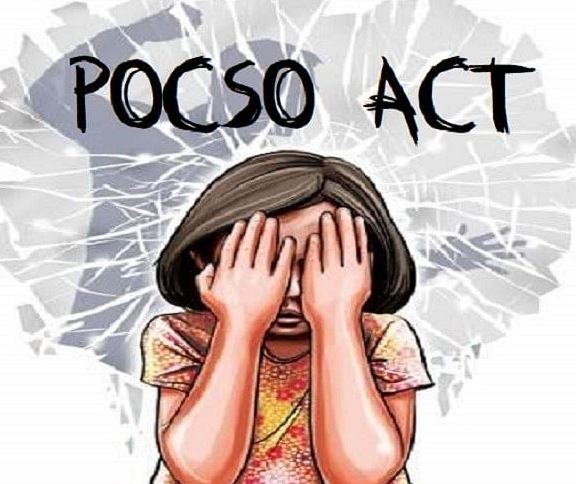INTRODUCTION
Welcome to the official blog of the Law Offices of Kr. Vivek Tanwar Advocate and Associates, where we are dedicated to providing litigation support services for matters related to crime against Children. In today’s blog post, we aim to shed light on the prevailing issues surrounding crimes against children, the legal framework in place for their protection, and the steps we can take as a society to combat these heinous acts. Join us as we explore this critical subject and empower you with the knowledge to protect your rights and safety.
WHAT IS THE POCSO ACT?
The POCSO Act, (the Protection of Children from Sexual Offences Act), is legislation in India that aims to protect children from sexual abuse and exploitation. It defines various forms of sexual offences against children and prescribes stringent punishments for offenders. The act covers a wide range of offences, including but not limited to child molestation, child pornography, and sexual harassment of children. It also provides for the establishment of special courts and procedures to ensure the speedy trial and effective implementation of the law. The POCSO Act places the welfare and protection of children as a top priority in cases of sexual offences and seeks to create a safer environment for children in the country.
ACTION AGAINST FILED FALSE CASES UNDER POCSO ACT
When false POCSO Act cases are filed, it is crucial to handle them with sensitivity and ensure that justice is served for all parties involved. Here are some actions that can be taken:
- Thorough Investigation: False allegations must be thoroughly investigated to determine their credibility. The investigating authorities should gather evidence, interview witnesses, and analyze all available information to establish the truth.
- Legal Scrutiny: The legal system should carefully examine the evidence presented in the case and evaluate the credibility of the allegations. The accused should be given a fair opportunity to defend themselves and present their side of the story.
- Protection of the Accused: It is important to protect the rights of the accused during the investigation and legal proceedings. This includes ensuring their confidentiality, presumption of innocence until proven guilty, and safeguarding them from harm or stigmatization resulting from false accusations.
- Punitive Measures: If it is proven that a false allegation was made with malicious intent, appropriate legal action should be taken against the person responsible. This may involve filing charges for perjury, filing false police reports, or defamation, depending on the applicable laws.
- Support for Genuine Victims: While false accusations must be taken seriously, it is essential to remember that there are genuine victims of sexual offences who require support and protection. Adequate measures should be in place to ensure that legitimate cases are thoroughly investigated and victims receive the necessary support services.
- Awareness and Education: Increasing awareness about the seriousness of making false allegations and educating the public about the consequences can discourage such actions. Educating children about the importance of truthfulness and the impact of false accusations is also crucial.
CONCLUSION
Its aim is to protect the child from sexual exploitation. The specific actions taken against false POCSO Act cases may vary depending on the legal system and jurisdiction involved. The applicable laws and procedures should be followed to ensure a fair and just resolution.
We are a law firm in the name and style of Law Offices of Kr. Vivek Tanwar Advocate and Associates at Gurugram and Rewari. We are providing litigation support services for matters related to POCSO ACT, 2012. We have a website on which we publish blogs informing the litigants about the said laws. Draft a blog which can be published on our website…..
Written by: Adv. Priyanka Goel (D/945/2020) .

